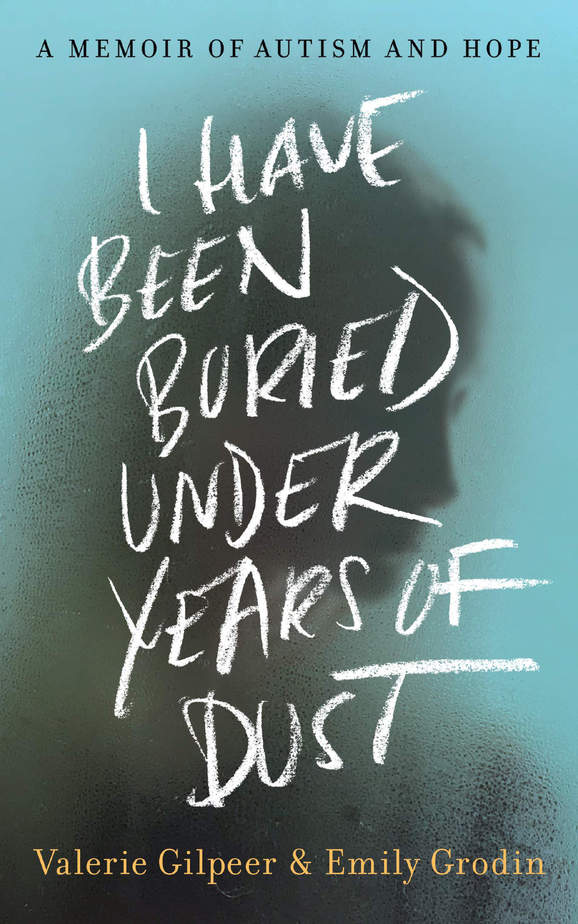
The Ocala public library recently purchased a book with the unlikely title I Have Been Buried Under Years of Dust. These words were chosen because they were the first words typed by a young autistic woman with the help of a technique called Facilitated Communication. Although this method is disparaged by some therapists, it succeeded for the co-author of the book, Emily Grodin. Emily had never acquired more than a few words of spoken language. For her a floodgate of communication skills was released when she made her breakthrough. Although she did not learn to speak or to communicate without a facilitator, her ability to write on an iPad gave her the confidence to enroll in college with the hope of becoming a spokesperson for others with autism.
To me the most remarkable significance of the account in the book is that it demonstrates that people suffering from autism can have an unusually high intellect which has no way to find expression. The behavioral symptoms associated with autism make it hard to recognize the underlying intelligence. A theory attempting to explain the syndrome called autism is that there is a deficient connection between the brain and the body resulting in the brain being locked up without an appropriate outlet.
I Have Been Buried Under Years if Dust is written by Valerie Gilpeer and her daughter Emily Grodin, both remarkable writers with distinctive styles. These words written by Emily give a taste of her remarkable ability:
"Because I write with such clarity, the world wonders why I cannot speak as such. Where I'm from words are celebrated and shared with one another. A book is read at each days end to experience the power of language together. Their messages are discovered in the imaginations that listen. But they still inquire how I know these things I know."
Emily uses prose to explain her situation to the outside world which may see only her deficiencies and not know what lies buried under the surface of pain and struggle. She uses her poetry to reveal the inner being which we all share in our emotional and imaginative lives.
Listen to Matthew Arnold's The Buried Life. Read the complete poem.